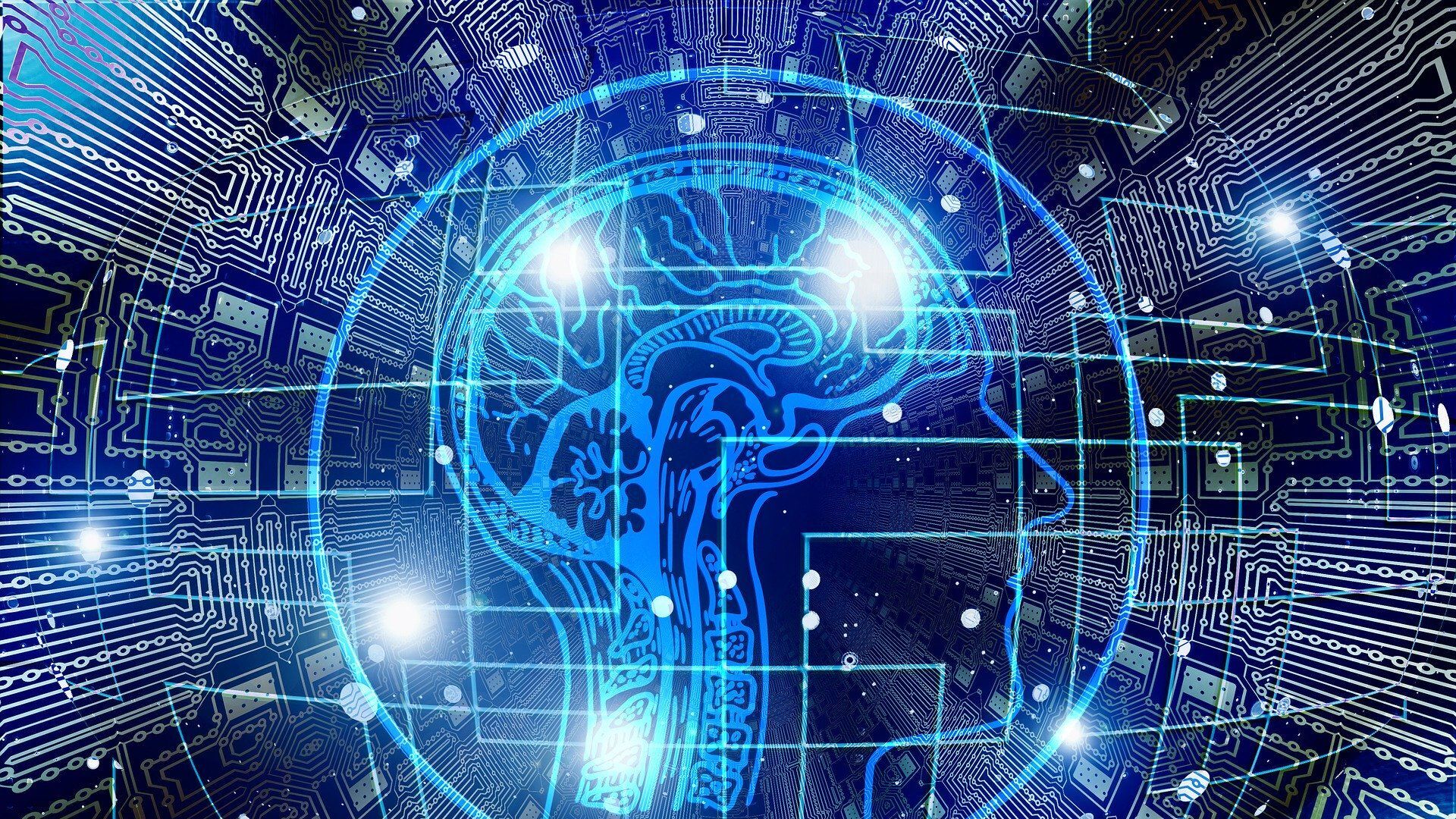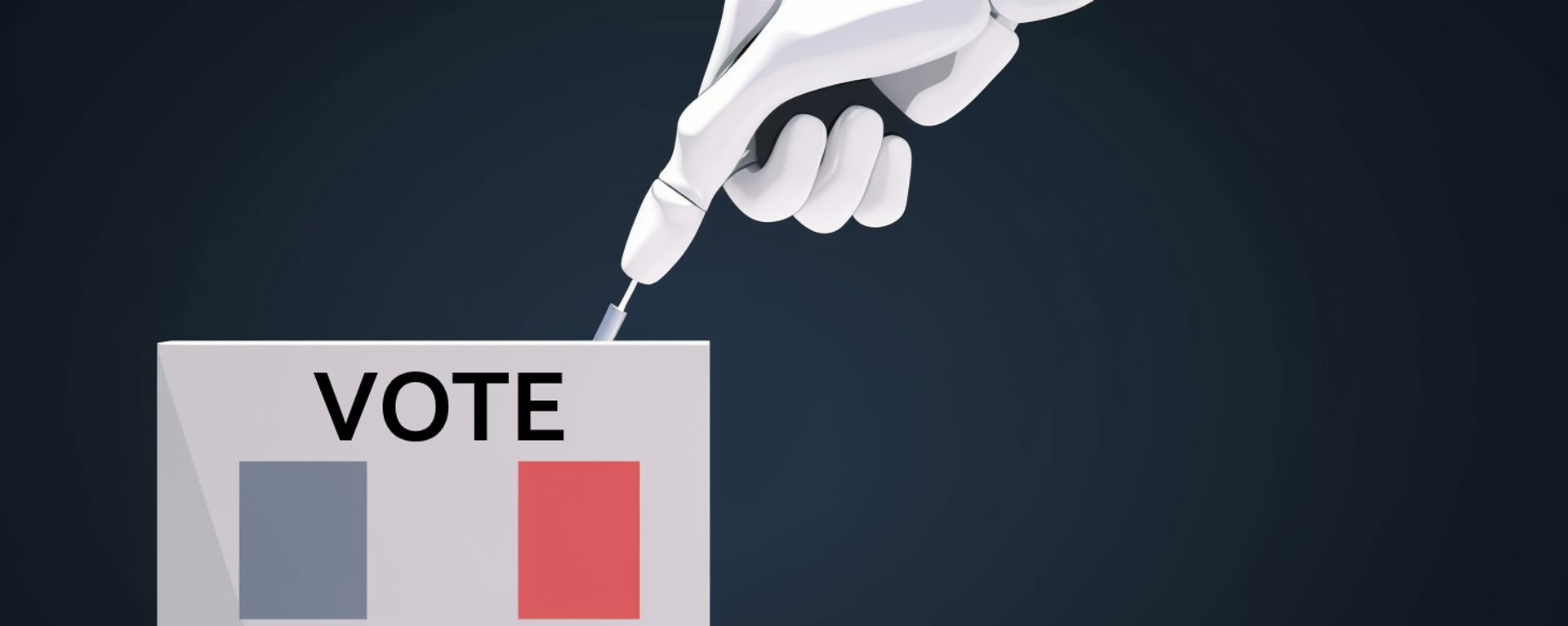https://sputnikglobe.com/20230425/eu-to-introduce-common-ai-usage-regulations-by-end-of-2023-1109827199.html
EU to Introduce Common AI Usage Regulations by End of 2023
EU to Introduce Common AI Usage Regulations by End of 2023
Sputnik International
The European Union intends to agree on common regulations for the use of generative artificial intelligence like ChatGPT by the end of the year.
2023-04-25T17:05+0000
2023-04-25T17:05+0000
2023-04-25T17:05+0000
world
ai
neural networks
european union (eu)
https://cdn1.img.sputnikglobe.com/img/107827/90/1078279055_0:0:1920:1080_1920x0_80_0_0_a35cac4d1fc47433f027264fe7fef82b.jpg
Vestager noted that the European officials intend to impose an obligation to label photos, videos and songs made with AI. This should become a preventive mechanism for the use of AI by commercial companies "when there is a risk of discrimination because of your gender, because of where you live, because of your age," as could happen if mortgage or insurance applications are involved, she added. Vestager emphasized that the proposed regulations would not affect research in the field. The EU had been preparing regulations for the use of AI before such advanced instruments as ChatGPT emerged, and the existing drafts could be adjusted to include generative AI as well, she said. In mid April, German authors' associations and trade unions urged the EU to strengthen AI regulations due to concerns over copyright infringement by ChatGPT. ChatGPT gained popularity after its launch in November 2022, acquiring its first million users in less than a week. In late January, Microsoft said it would invest "billions of dollars" in OpenAI. Earlier in March, OpenAI introduced a new multimodal AI model, GPT-4, which is capable of recognizing both text and images, as well as solving complex problems with greater accuracy.
https://sputnikglobe.com/20230419/elon-musk-ais-could-undermine-democracy-if-used-in-elections-1109643011.html
Sputnik International
feedback@sputniknews.com
+74956456601
MIA „Rossiya Segodnya“
2023
Sputnik International
feedback@sputniknews.com
+74956456601
MIA „Rossiya Segodnya“
News
en_EN
Sputnik International
feedback@sputniknews.com
+74956456601
MIA „Rossiya Segodnya“
Sputnik International
feedback@sputniknews.com
+74956456601
MIA „Rossiya Segodnya“
ai usage, ai regulation, chatgpt, europe to regulate ai
ai usage, ai regulation, chatgpt, europe to regulate ai
EU to Introduce Common AI Usage Regulations by End of 2023
MOSCOW (Sputnik) - The European Union intends to agree on common regulations for the use of generative artificial intelligence like ChatGPT by the end of the year, Margrethe Vestager, Executive Vice President of the European Commission for A Europe Fit for the Digital Age, said on Tuesday.
"I do hope that we can find political agreements later this year, so that it [the regulations] can come into effect," she said in an interview with Japanese newspaper Nikkei Asia.
Vestager noted that the European officials intend to impose an obligation to label photos, videos and songs made with AI. This should become a preventive mechanism for the use of AI by commercial companies "when there is a risk of discrimination because of your gender, because of where you live, because of your age," as could happen if mortgage or insurance applications are involved, she added.
Vestager emphasized that the proposed regulations would not affect research in the field. The EU had been preparing regulations for the use of AI before such advanced instruments as ChatGPT emerged, and the existing drafts could be adjusted to include generative AI as well, she said.
In mid April, German authors' associations and trade unions urged the EU to strengthen AI regulations due to concerns over
copyright infringement by ChatGPT.
ChatGPT gained popularity after its launch in November 2022, acquiring its first million users in less than a week. In late January, Microsoft said it would invest "billions of dollars" in OpenAI. Earlier in March, OpenAI introduced a new multimodal AI model, GPT-4, which is capable of recognizing both text and images, as well as solving complex problems with greater accuracy.



